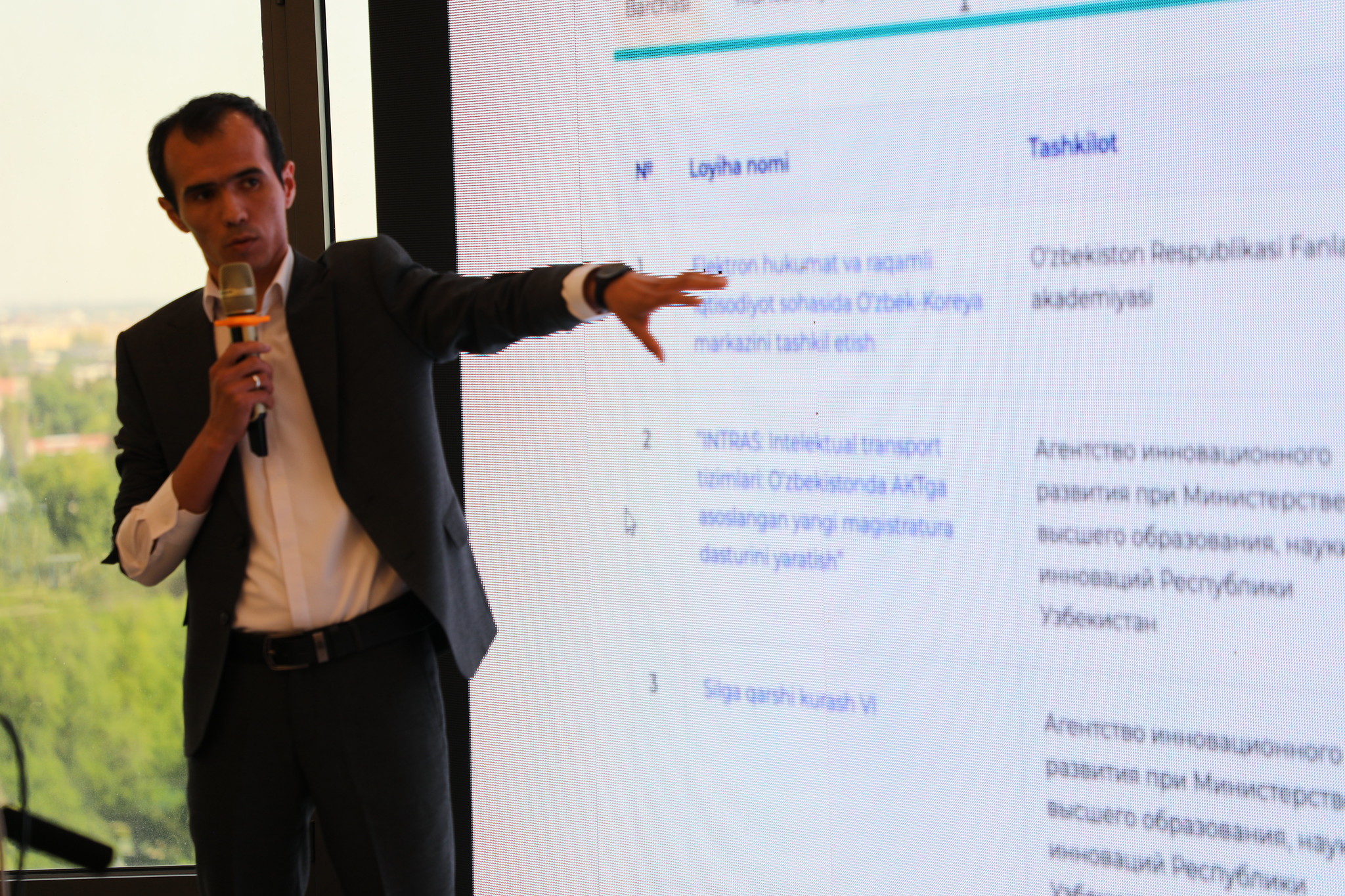
In the world of software development, where projects are often complex, deadlines tight, and requirements ever-evolving, the role of a project manager (PM) is paramount. The project manager serves as the linchpin that holds everything together, ensuring that the development process runs smoothly, stays on track, and ultimately delivers a high-quality product. Here’s an in-depth look at why a project manager is indispensable in the software development process.
1. Bridging the Gap Between Stakeholders and Development Teams
One of the most critical functions of a project manager is to act as a bridge between various stakeholders, including clients, developers, designers, and testers. Effective communication and understanding between these parties are essential for the successful delivery of a project.
- Requirement Gathering and Clarification: PMs work closely with clients to gather and clarify project requirements, ensuring that the development team has a clear understanding of what needs to be built.
- Managing Expectations: They manage stakeholders' expectations by providing regular updates, addressing concerns, and ensuring that everyone is aligned with the project’s goals and timelines.
2. Planning and Scope Management
Project managers are responsible for planning every aspect of a project, from defining the scope to setting realistic deadlines and allocating resources. Proper planning is crucial to avoid scope creep and ensure that the project stays within budget and on schedule.
- Defining Project Scope: PMs define the scope of the project, breaking down the work into manageable tasks and ensuring that all necessary features and functionalities are included without overloading the team.
- Resource Allocation: They allocate resources effectively, ensuring that the right people are working on the right tasks and that the team has the tools and support they need to succeed.
3. Risk Management and Problem Solving
Software development projects are often fraught with risks, from technical challenges to changing requirements and unforeseen obstacles. A project manager’s role involves identifying potential risks early and developing strategies to mitigate them.
- Risk Assessment: PMs perform regular risk assessments, identifying potential issues that could impact the project and developing contingency plans to address them.
- Problem Resolution: When problems do arise, project managers are responsible for quickly identifying the root cause and implementing solutions to keep the project on track.
4. Ensuring Quality and Timely Delivery
Quality and timely delivery are critical to the success of any software development project. Project managers play a key role in ensuring that the final product meets the required standards and is delivered on time.
- Quality Assurance: PMs work with the development and testing teams to establish quality standards and ensure that the product meets or exceeds these standards at every stage of development.
- Timeline Management: They monitor progress against the project timeline, making adjustments as necessary to ensure that milestones are met and the final product is delivered on schedule.
5. Facilitating Communication and Collaboration
Effective communication and collaboration are vital in any project, but they are especially important in software development, where teams often work across different locations and time zones.
- Regular Meetings: PMs facilitate regular meetings, such as daily stand-ups and sprint reviews, to ensure that everyone is on the same page and that any issues are addressed promptly.
- Collaboration Tools: They implement and manage collaboration tools, such as project management software and communication platforms, to enable seamless teamwork and information sharing.
6. Continuous Improvement and Learning
The software development process is dynamic, and there is always room for improvement. Project managers play a crucial role in driving continuous improvement and fostering a culture of learning within the team.
- Post-Project Reviews: PMs conduct post-project reviews to analyze what went well and what could be improved, using these insights to refine processes and practices for future projects.
- Promoting Best Practices: They encourage the adoption of best practices and new technologies, helping the team stay up-to-date with industry trends and standards.
Why Project Managers Are Essential
Without a project manager, software development projects can quickly become chaotic and disorganized. The absence of a central figure to coordinate activities, manage risks, and ensure communication can lead to missed deadlines, budget overruns, and ultimately, project failure. Here’s why project managers are essential:
- Central Coordination: They provide a central point of coordination, ensuring that all parts of the project move forward in sync and that any issues are addressed quickly.
- Risk Mitigation: Their proactive approach to risk management helps prevent problems before they arise, reducing the likelihood of costly delays and rework.
- Quality Assurance: They uphold quality standards throughout the development process, ensuring that the final product meets the client’s requirements and expectations.
Conclusion
The role of a project manager in software development is multifaceted and critical to the success of any project. From bridging communication gaps and managing risks to ensuring quality and timely delivery, project managers provide the structure and oversight needed to navigate the complexities of software development. As the demands on software development teams continue to grow, the value of skilled project managers in driving successful outcomes has never been more evident. Investing in strong project management is not just a good practice; it’s a necessity for achieving project success and delivering value to clients.





